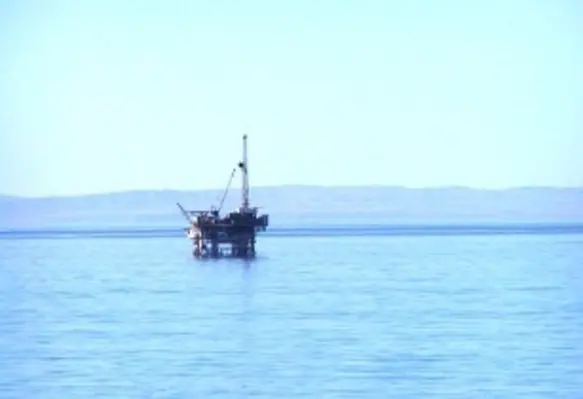The Hays Oil & Gas Global Job Index for Q2 2013 has revealed that the salaries of expats have continued to increase in the Middle East oil and gas industry this year, despite cutbacks being made across the sector
The report said, “While salaries are increasing, the idea of cutting costs still exists as companies are heavily selective on all business decisions. On average Middle Eastern salaries should experience stronger growth when compared to other countries who are still suffering from the crisis in neighbouring regions.
“Candidates consider new roles predominantly for better salaries, and the numbers of expats coming back to the UAE has increased significantly as they seek better opportunities. Candidates are now also more willing to move out of their comfort zone to develop themselves with bigger challenges for a better pay and a better quality of life.”
The Hays Oil & Gas Global Job Index also showed a stable or slightly stronger oil and gas labour market around the world in Q2 2013 as compared to the beginning of the year.
The index, which charts the number of jobs posted on nine oil and gas portals across the world, was at 1.69 in June 2013, staying consistent with where it stood at the end of the Q1 at 1.68.
The average for Q2, however, was 1.63 and slightly lower than the average of 1.78 in the same period last year. The index was established in October 2010 and was set at 1.
John Faraguna, global managing director of Hays Oil & Gas, said, “The general sentiment in the industry is neutral. The global economy remains in recovery mode, however, we do see good signs of improvement in many regions around the world which should bode well for energy demand in the next few years.”
The report also suggested that the rise in jobs across the African continent was due to the significant influence from western Europe as many operators and contractors involved in projects were listed on their exchanges.
An increasing number of companies including national oil companies, were turning their attention towards Africa as a means to secure their domestic energy requirements for the future.
Faraguna added, “Acreage secured in previous licensing arrangements are being farmed-out to operators with an appetite to explore new potential and develop production. This has, in turn, driven an increase in staffing demand.”
The geoscience disciplines have been in strong demand specifically in relation to exploration in Africa. There is also strong demand for senior management personnel familiar with the intricacies of doing business in Africa, the report said.
According to the analysis, countries such as the USA and the UK are placing more focus on shale gas as a strategic priority. The UK also announced tax incentives for shale gas production and the US Department of Energy study has shown no evidence of contamination of western Pennsylvania water aquifers by fracking chemicals.








